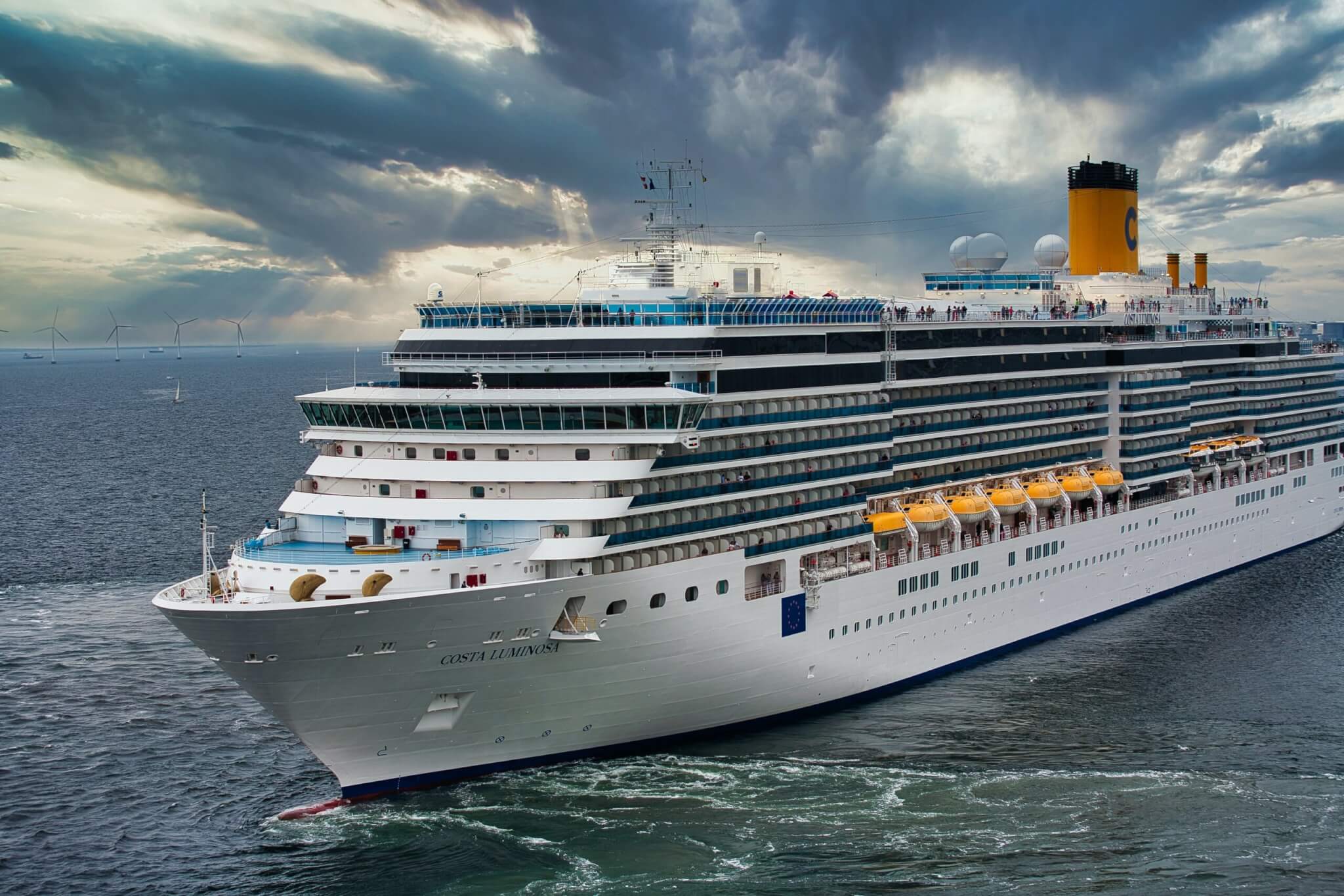Blasting air conditioning for 12 minutes could prevent virus outbreaks on cruise ships
NICOSIA, Cyprus — Cruise ships can steer clear of spreading illnesses like COVID and norovirus by blasting the air conditioner in cabins for 12 minutes, a new study explains.
In the wake of a significant number of cruise ship passengers becoming disproportionately infected, many travelers found themselves stranded on board, subject to stringent quarantine measures. Since then, attention has shifted to the critical need for enhanced ventilation systems on cruise ships, as the dispersal of fresh air in cabins and other enclosed spaces is crucial to mitigating the spread of all sorts of viruses.
A team of Cypriot researchers investigated how ventilation impacts the transmission of airborne viruses in a typical cruise ship cabin, considering guidelines established both pre and post-pandemic.
“The most recent standards and regulations on room safety regarding the airborne transmission of viruses focus on high rates of air exchange,” says the study’s lead author Professor Dimitris Drikakis from the University of Nicosia, in a media release. “But this can be inefficient in terms of energy consumption, can compromise passenger comfort as it generates strong air drafts, and most importantly, can spread saliva droplets up to five times more when passengers cough.”
The research team conducted simulations involving virus-laden droplets from a cough in a standard cruise ship cabin designed for two or more occupants. These simulations explored various ventilation rates and coughing person’s positions, with computational fluid dynamics testing ranging from 1.5 to 15 air changes per hour (ACH) to encompass a spectrum of scenarios, from minimal ventilation to rates surpassing current recommendations.

“The study reveals that a higher ventilation rate is not the best strategy to avoid spreading airborne diseases. Complete evaporation of the saliva droplets may not necessarily mean all viruses or bacteria become instantly inactive,” adds Prof. Drikakis. “Therefore, we should aim at minimum droplet spreading inside the cabin and different ventilation strategies for occupied cabins.”
After analyzing the results, the researchers advocated for the ideal operation of ventilation systems at moderate flow rates, approximately 3 ACH, when a cabin is occupied. They recommend increasing this rate to 15 ACH for at least 12 minutes after the cabin has been vacated to ensure a thorough air refreshment for subsequent occupants.
Furthermore, they suggest a minimum “clearance wait time” of 12 minutes for similar-sized rooms with a minimum of 15 ACH.
“Our main argument for the proposed values is the necessity to minimize droplet spreading while maintaining good ventilation levels, comfort and energy consumption. Keeping ventilation at the proposed values reduces energy consumption and improves passenger comfort in contrast to the use of higher ventilation rates,” Prof. Drikakis concludes.
The study is published in the journal Physics of Fluids.
Norovirus Outbreaks on Cruises: A Recent Surge
Norovirus outbreaks on cruises have surged in 2023, with the U.S. Centers for Disease Control and Prevention (CDC) reporting 13 outbreaks as of Oct. 31, 2023. This is the highest number of norovirus outbreaks on cruises recorded since 2012.
There are a number of factors that may be contributing to the increase in norovirus outbreaks on cruises. One factor is the highly congested environment of cruise ships. Passengers and crew live in close quarters, which makes it easy for the virus to spread. Additionally, cruise ships often have a high turnover of passengers, with literally thousands of people embarking and disembarking within hours of each other in busy seaports. This can make it difficult to contain an outbreak once it starts.
Another factor that may be contributing to the increase in norovirus outbreaks is the fact that people have not been exposed to as many illnesses due to the COVID-19 pandemic. This means that people may be more susceptible to norovirus and other illnesses.
How to Avoid Norovirus on Cruises
There are a number of things that passengers can do to avoid norovirus on cruises:
- Wash your hands frequently with soap and water, especially after using the toilet, before eating, and after handling food.
- Avoid touching your eyes, nose, and mouth.
- Disinfect surfaces that may be contaminated with the virus, such as countertops, doorknobs, and light switches.
- Avoid eating raw or undercooked food.
- Drink bottled water or other boiled water, especially when in ports of call.
If you do become sick on a cruise, it is important to stay hydrated and to notify the ship’s medical staff immediately.
South West News Service writer Stephen Beech contributed to this report.

Source: Blasting air conditioning for 12 minutes could prevent virus outbreaks on cruise ships – Study Finds

